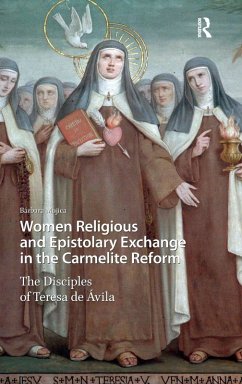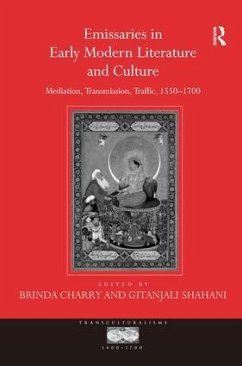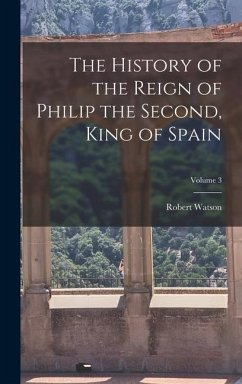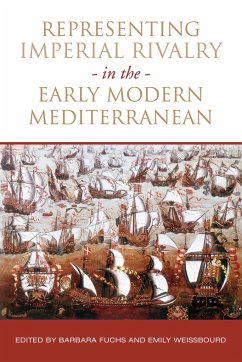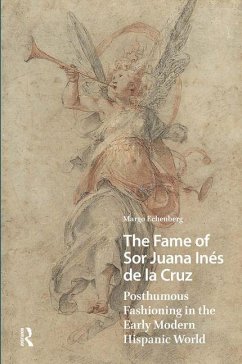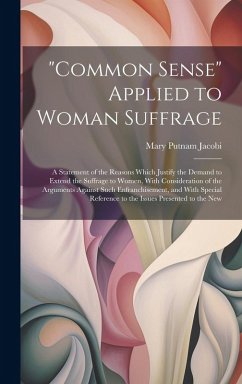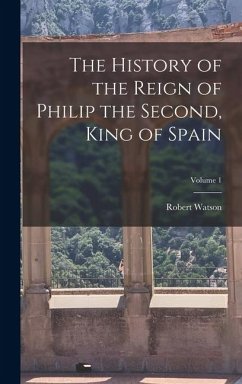
Sense and Spectacle in the Age of Philip IV
Performing Empire in Word, Music, and Image
Versandkostenfrei!
Versandfertig in über 4 Wochen
124,99 €
inkl. MwSt.
Weitere Ausgaben:

PAYBACK Punkte
62 °P sammeln!
This book accounts for the outpouring of celebrations in the Habsburg Empire upon the 1657 birth of Felipe Próspero, heir to Philip IV of Spain. These celebrations allow us to interrogate the shifting uses of performance in the empire's center and periphery. Such spectacles could work to contain and manipulate public sentiment, but at other moments they questioned sanctioned power structures. A study of zarzuela texts, opera libretti, notated music, paintings, poems, and historical documents shows that an array of people took advantage of this festive moment to question the empire's policies ...
This book accounts for the outpouring of celebrations in the Habsburg Empire upon the 1657 birth of Felipe Próspero, heir to Philip IV of Spain. These celebrations allow us to interrogate the shifting uses of performance in the empire's center and periphery. Such spectacles could work to contain and manipulate public sentiment, but at other moments they questioned sanctioned power structures. A study of zarzuela texts, opera libretti, notated music, paintings, poems, and historical documents shows that an array of people took advantage of this festive moment to question the empire's policies in surprising ways. Sensorial experience played a crucial role during these celebrations. For its part, the Crown engaged a variety of senses, especially sight, sound, and smell, in order to augment the impact of royal spectacles. But simultaneously, those who questioned the Crown also did so through an engagement of the sensorial world.




